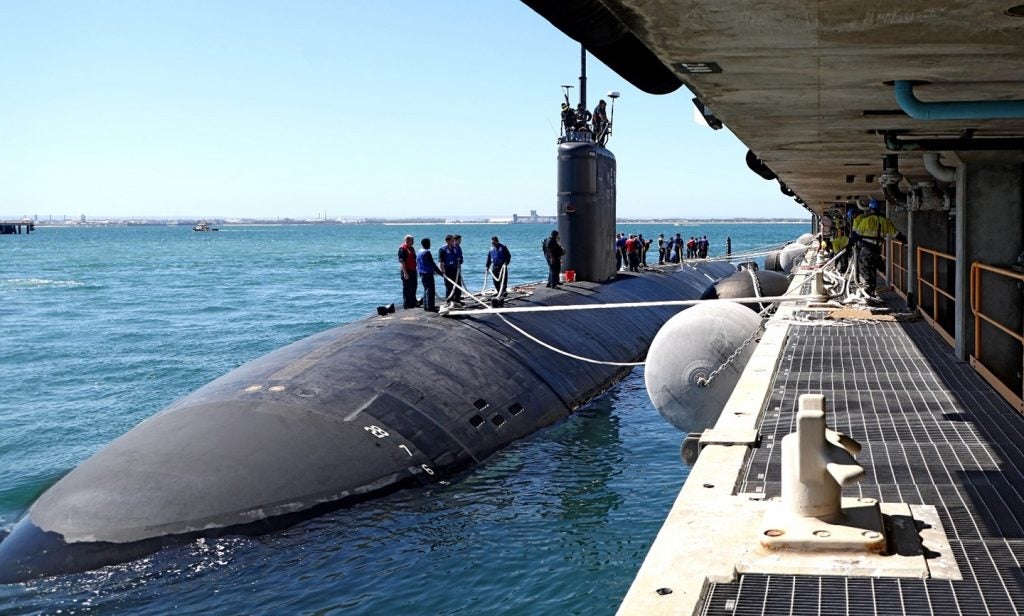The US has begun to overcome a major hurdle to defence integration with its AUKUS partners – Australia and the UK – with plans to exempt the two countries from its enduring International Traffic in Arms Regulations (ITAR).
In addition, the US Commerce Department also announced an expansion of the scope of licence-free trade to AUKUS nations by amending the Export Administration Regulations on 18 April 2024.
The department cited the need “to enhance technological innovation among the three countries and support the goals of the AUKUS Trilateral Security Partnership".
It follows the passage of the US National Defense Authorization Act (NDAA) in December 2023, which established a list of criteria that needed to be fulfilled by the Australian and British governments before the exemptions came into effect.
These reforms will significantly reduce licensing requirements for both the UK and Australia, as well as facilitate public and private sector security institutions to deliver a more integrated defence industrial base.
The Australian Defence Forces (ADF) said that the new exemptions will remove licensing requirements for “most military goods and technology items”. This appears to include both Pillar I submarine components and Pillar II advanced technologies. The UK Ministry of Defence (MoD) did not immediately respond for comment on what specific parameters have been set in that regard.
Nonetheless, this will reduce the burden associated with US export licences for dual-use goods to Australia worth almost $2bn (A$3.1bn).
The Australian Government has already responded in kind with its law in March this year, which offers an exemption for the UK and the US from its export control permit requirements – this is expected to come into effect in September 2024.
Similarly, the UK will also release its Open General Export Licence in September 2024 to give effect to the exemption for Australia and the US.
These US reforms come at a time when the AUKUS roadmap is making some headway following news that the British company Rolls-Royce has already begun making components for the nuclear reactor due to be fitted into the first SSN-A (nuclear-powered attack submarine – AUKUS).

However, the UK MoD noted that despite reaching the 120-day milestone set by the NDAA, the UK is in the process of finalising “the last technical steps” to benefit from the NDAA provisions. The MoD has yet to respond with details of these ‘last steps’.
“We are confident that by the next 120-day period we will have completed all the requirements for full implementation of the ITAR exemptions," said the UK MoD in a release welcoming the reforms.
During the recent Undersea Defence Technology conference in London, the US director for AUKUS, Commander of Submarine Forces, Dan Packer, observed that the US is good when it comes to “government-to-government” relations, but they “have not got industry down yet” and this will require “baby steps”.
Although there are still details to be ironed out, scrapping the enduring ITAR restrictions for its close partners is a considerable step forward for the US – a country known for its guarded approach to knowledge and technology sharing.









